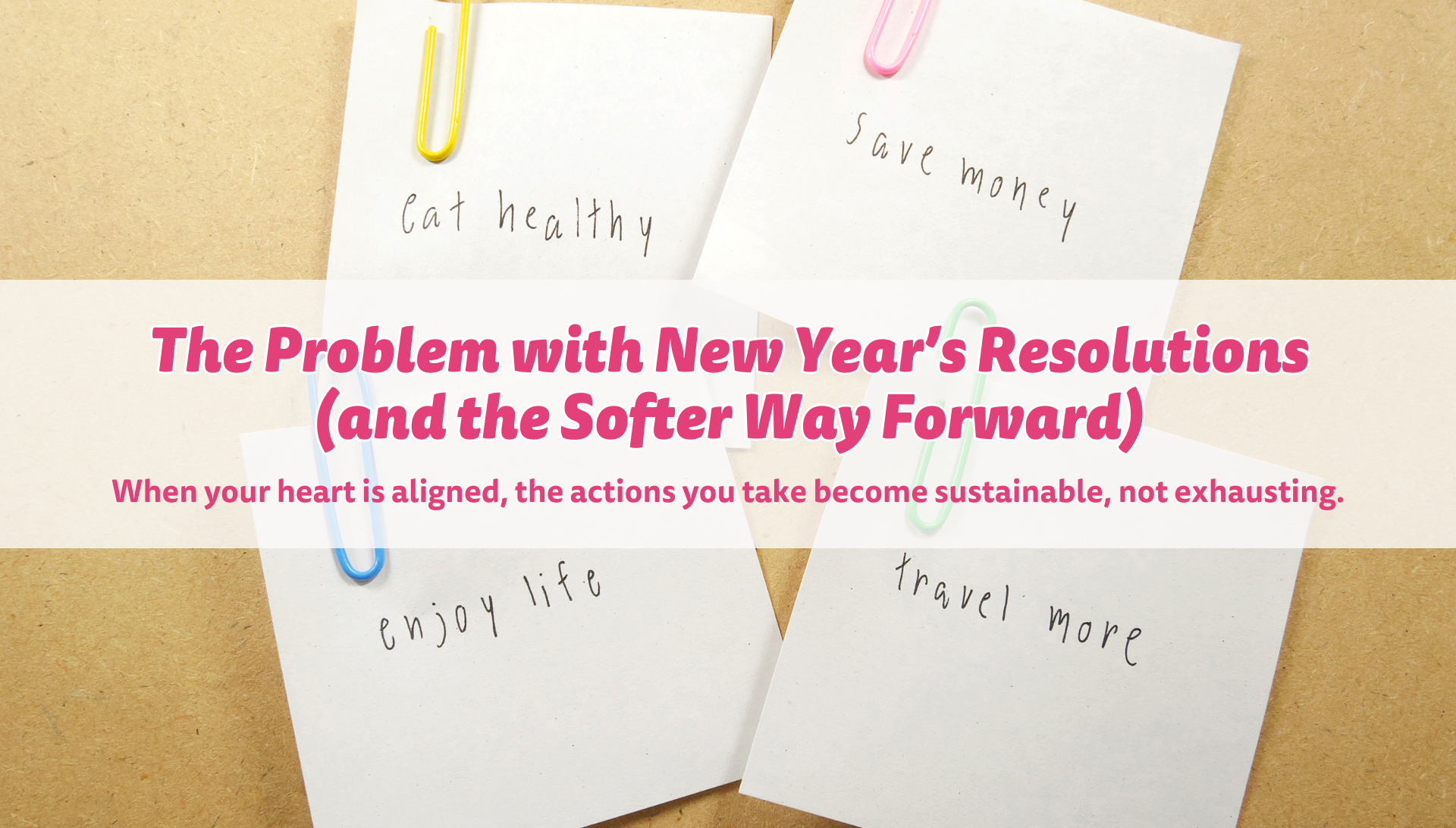How To Deal With Disappointment and Move Forward
We all experience disappointment in our lives, but the question we need an answer to is how to deal with disappointment constructively.
Just like all emotions, disappointment serves a purpose.
Of course, it also comes on the heels of devastating experiences in our relationships, career, or even in ourselves.
If you’re wondering why you feel like a failure or how to navigate the pain that comes with disappointment, this post is for you.
Let’s start by looking at the science of disappointment and what that means for you.
How to Deal With Disappointment Like a Therapist
Researchers define disappointment as a form of sadness, something that accompanies a feeling of loss, or uncomfortable feelings where a hole is left between our expectations and reality. This happens when we are convinced that what we thought we needed to feel happy or fulfilled doesn’t develop.
However, at its core, disappointment is just another emotion. It can even give way to rage or even apathy. Both of these emotions can stop our productivity in its tracks. But to get control over this emotion we have to understand it.
The Difference between Grief & Disappointment
To learn how to deal with disappointment, we have to recognize how it differs from other emotions we feel. For example, grief is often associated with disappointment on a deeper level. Grief happens when we are disconnected from someone or something that we valued or wanted to. Grief also has a greater and longer-lasting impact on our lives than sadness or disappointment alone.
But each of these emotions serves its own role in our lives.
Sadness, for example, helps us remember what we desire. It can even trigger self-reflection and pushes us to acceptance of the situation at hand. Ultimately, sadness tries to help us by refocusing on what we can change or revise to create a future with a little less sadness. It does this by helping us be more cautious when we make decisions, making it easier to protect ourselves in the future.
Unfortunately, we are hardwired to avoid feeling emotional pain, including our disappointment. This goes in line with our desire to avoid what exists in the present and live in our own fantasies of what could have been.
While it might sound counterintuitive, placing too much emphasis on happiness can lead to more disappointment in our lives.
Why Valuing Happiness Can Lead to Disappointment
That’s right, valuing happiness can be self-defeating, depending on how we evaluate our progress towards that which we desire. If you spend a good deal of time comparing yourself to an ideal or fantasy that you want to experience, you set yourself up for disappointment.
So, how can you balance your desire for good things without tipping the scales in favor of disappointment?
Fostering Resilience Is the Secret
The secret is resilience.
Resilience is an ability to cope with a crisis emotionally to return to pre-crisis status fast. By using mental processes and behaviors in promoting personal strengths to protect ourselves from the negative effects of stress, we can become resilient.
One of the ways we can build this skill is by constructing realistic appraisals of what you need, avoiding painful idealization, and accepting what it is in the present moment.
The more we practice this process, the easier it becomes.
Simple Steps for How to Deal with Disappointment and Move On
Moving on from disappointment requires more than avoiding the emotions you feel. Go deeper and consider the following simple steps to move forward.
Step #1. Feel Your Emotions
As I mentioned earlier, avoiding your emotions is the fastest way to fall victim to disappointment. So, start by acknowledging your disappointment but don’t get stuck in it. If you didn’t get the job you wanted, etch out a few minutes or even hours in your day to feel bad about it. But once you feel it, move on.
Step #2. Stop Ruminating on What Could’ve Been
Next, stop ruminating on what you feel could’ve been or should’ve been. The longer you dwell on your disappointment, the more likely it will hurt you and prevent you from concentrating, problem-solving, and using your creativity to get out of the situation. When you feed the disappointment with new thoughts and new pains, your emotional pain will only grow. Be careful not to do that.
Step #3. Be Compassionate Towards Yourself
It’s tempting to be self-critical when we feel disappointment. That anger we spoke about earlier can easily be turned inwards and directed towards ourselves. Don’t let that happen to you. Keep in mind, the more we beat ourselves up the more we damage our confidence, self-esteem, and overall emotional state. Take some steps to become more compassionate about yourself, whether that’s just noticing your self-talk and changing it or if it's acknowledging that we all make mistakes and face disappointment. Make these small adjustments and see how much better you feel.
Step #4. Look At it From a New Angle
A fresh perspective can be powerful. We can often feel disappointed by things that we won’t even remember in a few months or years. Think back to previous disappointments. Are you still ruminating on them all these years later? Probably not. Keep that in mind and think about your current situation from a new perspective. Remind yourself of all the things that are going well now and focus on them, instead.
Step #5. Accept What It Is & Look To the Future
The more significant the disappointment, the harder it is to accept what’s happened and to look forward to the future. Yet, this is one of the most powerful tools we can use to stop feeling disappointed. Regardless of the situation, you’re facing, spend some time feeling the pain and then create a plan for how to get over the pain and move forward with your life.
Validate, Feel, Accept & Move On From Disappointment
Each of us has the power to move forward from any pain we experience. The key is knowing how to do it and embracing our ability to let go. The world is a great big place with many opportunities, people, and experiences waiting for us.
So, the choice is yours.
Will you learn how to deal with disappointment and stop feeling like a failure?
Or will you stay stuck in the past never moving forward?
Only you can answer that question but know that you absolutely can move past disappointment and live the life you want.
Share Blog On Social
Recent Blogs

Similar Blogs







